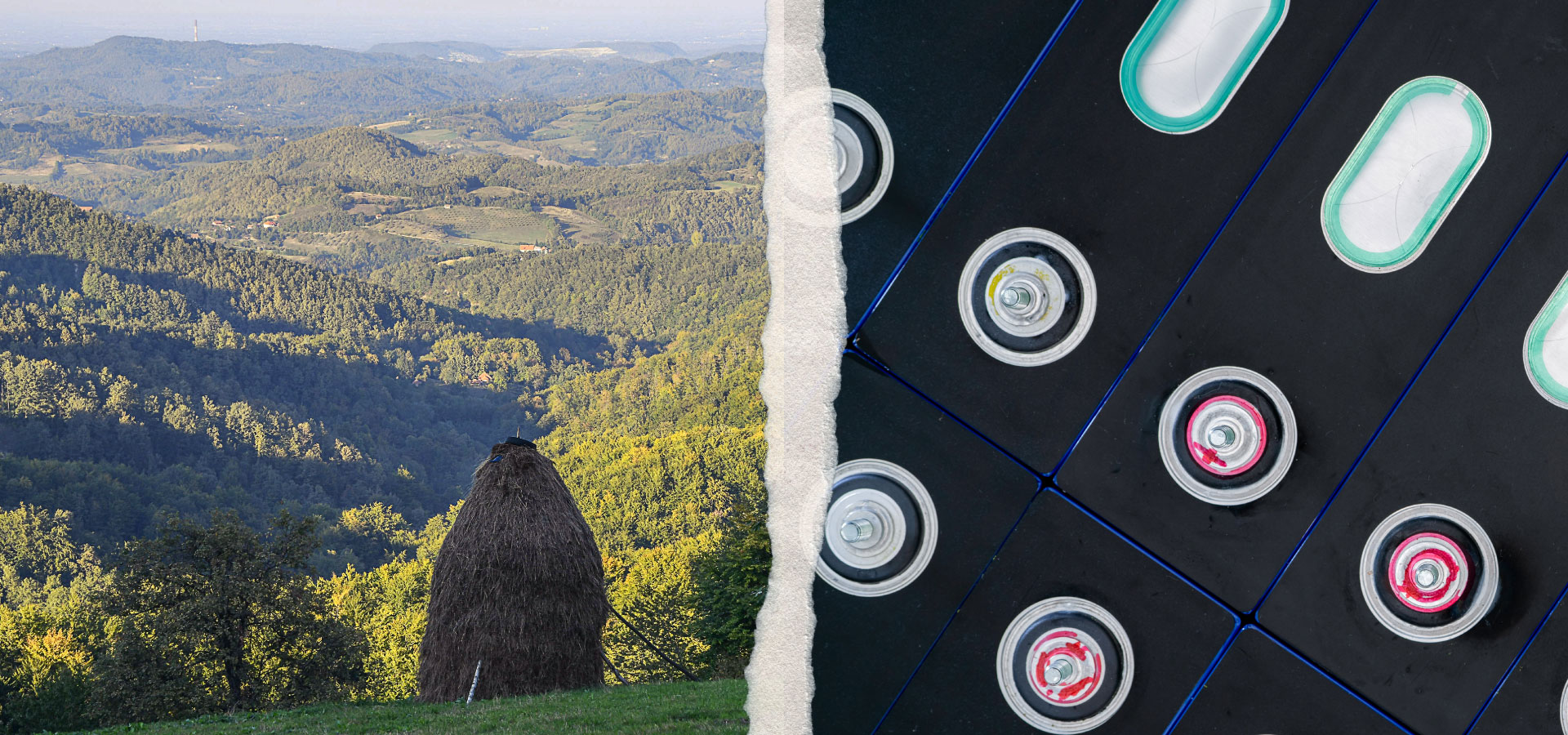
Lithium mining in Republika Srpska threatens Majevica
The green transition relies on lithium, but at what cost?
The green transition often hinges on raw materials mined in highly damaging ways.
People who live around Majevica have struggled with mine-related pollution for years.
In one of videos in the Eko Put organization’s Facebook campaign, Dragana, a seamstress from Ugljevik, says “No sane person would agree to the mining.”

Ljupko Mišeljić
Ljupko Mišeljić was born in 1996 in Trebinje, Bosnia and Herzegovina. He has been a journalist since 2012, reporting mostly about culture, politics, transitional justice and human rights.
This story was originally written in English.